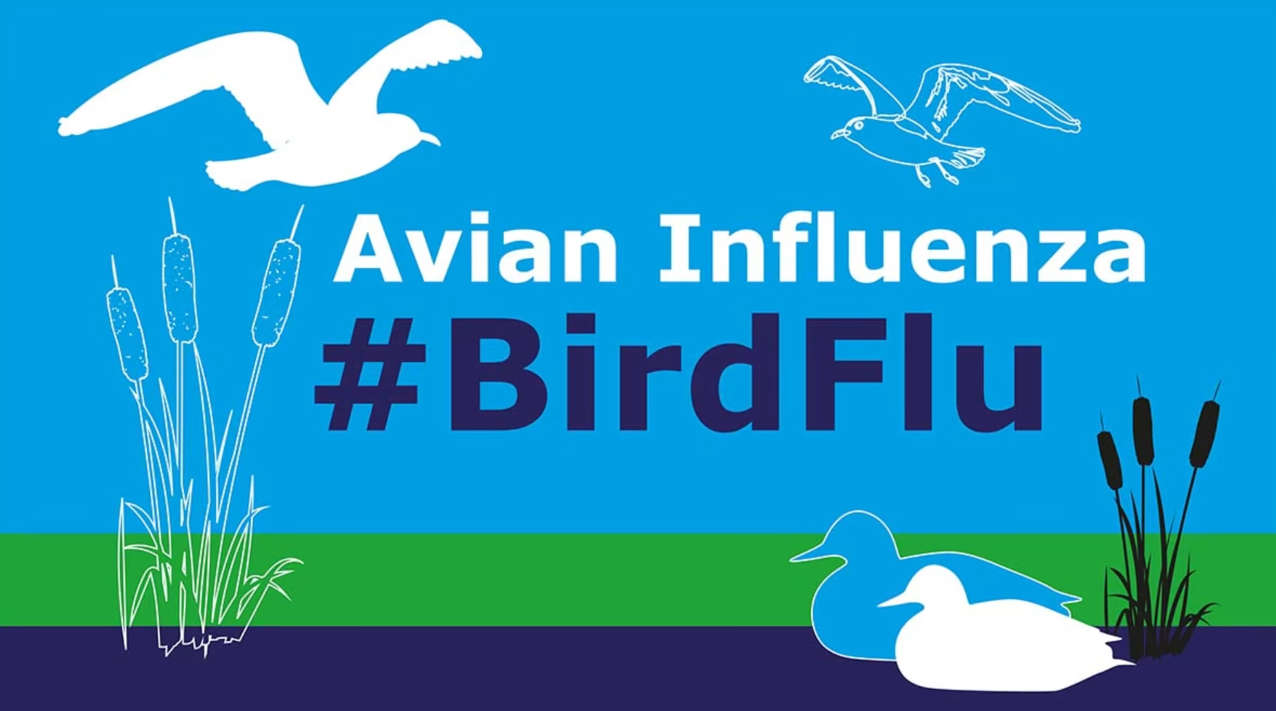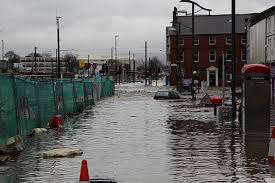
An Avian Influenza Prevention Zone (AIPZ) has been declared across the United Kingdom following an increase in the number of detections of avian influenza in wild birds and on commercial premises.
This means that all bird keepers must implement strict biosecurity measures to help protect their flocks from the threat of avian influenza, regardless of whatever type or size. Introducing these steps on farm is the most effective way in reducing the risk of disease spreading.
The UK has faced its largest ever outbreak of bird flu with over 190 cases confirmed across the country since late October 2021.
These measures will remain in place until further notice, and will be kept under regular review as part of the government’s work to monitor and manage the risks of avian influenza.
The wild bird risk across Great Britain has increased from medium to high and the risk to poultry with stringent biosecurity has moved up to medium. The risk to poultry with poor biosecurity has been increased to high, in light of the increased number of infected premises observed during September and October and the distance of some of these, as well as wild bird cases, from the coast. All bird keepers must now follow enhanced measures at all times to prevent the risk of future outbreaks.
Dr Christine Middlemiss, the UK’s Chief Veterinary Officer, said:
"We are seeing a growing number of bird flu cases on commercial farms and in backyard birds across the country driven by high levels of disease within wild birds. Unfortunately we expect the number of cases to continue to rise over the coming months as migratory birds return to the UK, bringing with them further risk of disease that can spread into our kept flocks.
"We’re taking action already by implementing a national Avian Influenza Prevention Zones and housing measures in the worst-affected areas, but it is important that all bird keepers – wherever they are in the country – ensure that cleanliness and hygiene are at the forefront of their minds to keep their flocks safe and limit the impact of the outbreak."
The new AIPZ means all bird keepers across Great Britain must:
- Keep free ranging birds within fenced areas, and that ponds, watercourses and permanent standing water must be fenced off (except in specific circumstances e.g. zoo birds).
- Clean and disinfect footwear and keep areas where birds live clean and tidy.
- Minimise movement in and out of bird enclosures.
- Reduce any existing contamination by cleansing and disinfecting concrete areas, and fencing off wet or boggy areas
- Keep domestic ducks and geese separate from other poultry.
- Ensure the areas where birds are kept are unattractive to wild birds, for example by netting ponds, and by removing wild bird food sources.
- Feed and water your birds in enclosed areas to discourage wild birds.
- Register as a keeper of birds in the borough of Bury
Lesley Jones, Director of Public Health for Bury Council, said: " I want to reassure residents that the risk to public health from avian flu is very low.
"However, it is important that people do not pick up any sick or dead birds to avoid spreading the virus, which can affect humans in rare cases.
"If you do find any dead swans, geese or ducks or other dead wild birds while out and about, please report them to the Defra helpline on 03459 33 55 77.
"I would also urge bird keepers to be vigilant for any signs of disease and report any suspected cases to their nearest Animal and Plant Health Agency (APHA office).”


 Bury FC beat Burscough 4-0
Bury FC beat Burscough 4-0
 Paul Waugh MP Welcomes Major Flood Prevention Funding for Rochdale
Paul Waugh MP Welcomes Major Flood Prevention Funding for Rochdale
 Supported housing to help people live independently
Supported housing to help people live independently
 Rochdale's year as Greater Manchester’s cultural hot spot
Rochdale's year as Greater Manchester’s cultural hot spot
 Rochdale education awards return for second year
Rochdale education awards return for second year
 Mayor of Greater Manchester calls for fix to England’s ‘broken’ taxi licensing system
Mayor of Greater Manchester calls for fix to England’s ‘broken’ taxi licensing system
 Police and partner initiative launched in Rochdale town centre to tackle crime and anti-social behaviour
Police and partner initiative launched in Rochdale town centre to tackle crime and anti-social behaviour
 Former Rochdale midfielder Joe Thompson dies aged 36
Former Rochdale midfielder Joe Thompson dies aged 36
 New McDonald’s drive-thru plan officially tabled
New McDonald’s drive-thru plan officially tabled
 Detective Sergeant Dismissed and Banned from Policing following Sexual Assault Conviction
Detective Sergeant Dismissed and Banned from Policing following Sexual Assault Conviction
 Each candidate hoping to win the Balderstone and Kirkholt by-election
Each candidate hoping to win the Balderstone and Kirkholt by-election
 Thousands enjoy spectacular town centre parade
Thousands enjoy spectacular town centre parade


